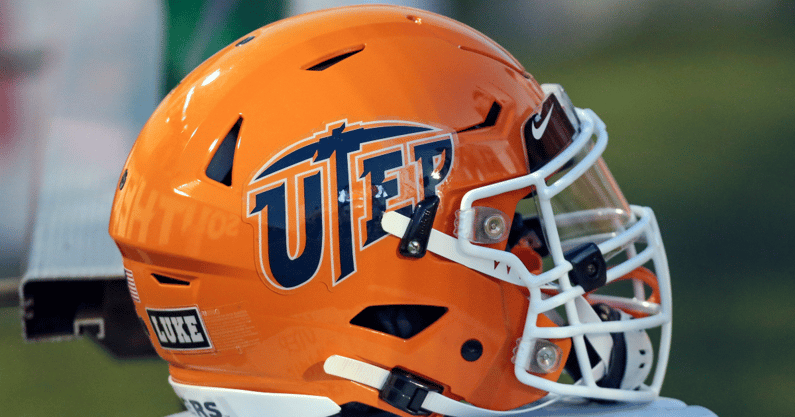UTEP offensive coordinator Dave Warner retires after 40 years in coaching

UTEP offensive coordinator Dave Warner will retire, according to The Athletic’s Chris Vannini. He spent more 40 years as a coach, including the past two with the Miners.
Prior to joining UTEP, Warner spent 13 seasons as an assistant for Michigan State under Mark Dantonio. He began as a quarterbacks coach in 2007 before being promoted to offensive coordinator/running backs coach in 2013.
Warner directed the most prolific offense in Michigan State history in 2014. The Spartans set numerous school records, including points (559), scoring average (43.0 ppg.), offensive touchdowns (70), total offense (6,510 yards; 500.8 ypg.), rushing touchdowns (44), rushing yards (3,057) and first downs (321). Michigan State’s improvement in scoring offense (+13.6 points per game) and total offense (+115.3 yards per game) in 2014 ranked among the Top 10 increases among teams in the FBS.
A former Syracuse quarterback, Dave Warner graduated in 1982 ranked seventh in school history with 2,593 passing yards. He began his coaching career as a graduate assistant for the Orange before moving on to Kent State in 1984. From there he would make stops at Kansas, Bucknell, Wyoming, Connecticut, Houston, Southern Miss and Cincinnati before arriving in East Lansing.
Top 10
- 1New
Top 25 College QBs
Ranking best '25 signal callers
- 2
Top 25 Defensive Lines
Ranking the best for 2025
- 3
Big Ten Football
Predicting 1st loss for each team
- 4Hot
College Football Playoff
Ranking Top 32 teams for 2025
- 5Trending
Tim Brando
Ranks Top 15 CFB teams for 2025
Get the Daily On3 Newsletter in your inbox every morning
By clicking "Subscribe to Newsletter", I agree to On3's Privacy Notice, Terms, and use of my personal information described therein.
Warner coached in 16 bowl games during his career. That includes a 2013 Rose Bowl victory with Michigan State against Stanford, as well as a 2014 victory in the Cotton Bowl against Baylor. He was also on staff for the Spartans’ only College Football Playoff appearance in 2015.
During his short time at UTEP, Warner helped develop receiver Jacob Cowing into one of the top playmakers in the country. Cowing caught 69 passes for 1,354 yards and seven touchdowns in 2021, allowing him the opportunity to transfer to a Power 5 school the following season in Arizona.
Warner’s contributions on the offensive end to several teams across college football will be appreciated for years to come. Now that he is retired, he will have more time to spend with his wife and two children.